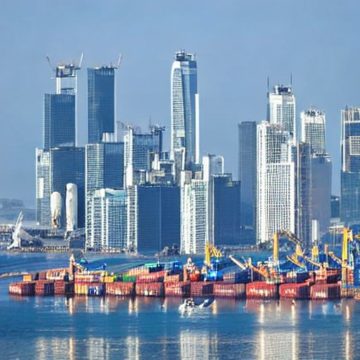 Branko Milanovic over at his Substack:
Branko Milanovic over at his Substack:
There has recently been lots of discussion of globalization, its effects, especially on poverty and inequality, and many contradictory statements, some even absurd, were made. Here are eleven theses on globalization.
First, inequality and poverty. Globalization is a force for the global good: the globalization of economic activity has enabled production of many commodities and provision of many services to be done in the places where it is cheapest to do. It has released previously used resources for other activities. It has also mobilized capital and labor that was misused or unemployed. The effect was a significant acceleration in global rate of growth (when measuring global growth by using democratic and not plutocratic measures, which have gone up too) and a dramatic decrease in global income inequality and global income poverty.
Second, China. The most important positive effects, largely due to globalization and international trade, have been achieved in China. China explains most of the decrease in global inequality and poverty. But these advances have been realized by the application of non-standard or non-neoclassical policies. This has created the first dilemma for the supporters of globalization and neoliberalism. To defend globalization they have to praise China, but they find Chinese policies distasteful. Thus their comments are most of the time contradictory.
More here.
